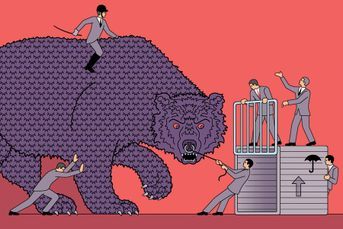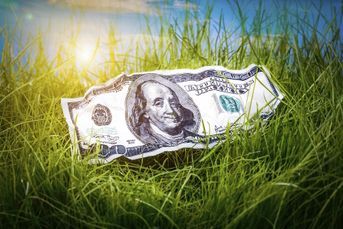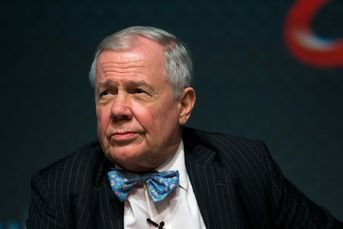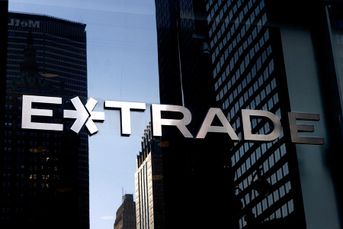When clients call the stock market a big bubble, here’s what to say
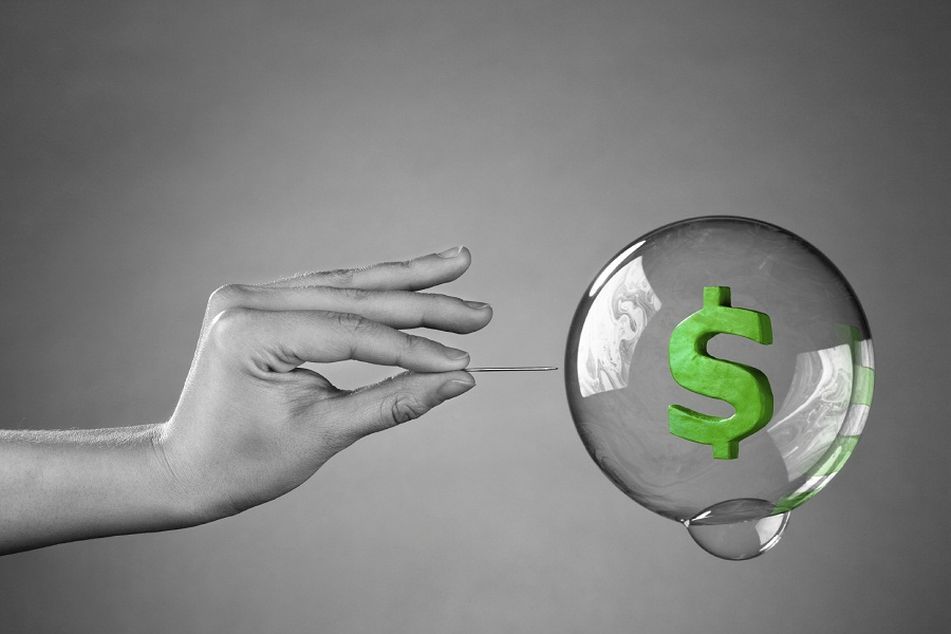
The next time a client tells you that stocks are in a bubble, consider a polite way to…
The next time a client tells you that stocks are in a bubble, consider a polite way to say, “I don’t think that word means what you think it means.”
Earlier this month, Republican presidential nomineee Donald Trump declared that the stock market is “all a big bubble.” CNBC ran a headline in June: “Uh oh. Is the stock market a bubble again?” And former Office of Management and Budget head David Stockman warned Friday, “The Implosion is Near: Signs of the Bubble’s Last Days.”
But “bubble” doesn’t mean the same thing as “expensive” or “overvalued.” Jeremy Siegel, Russell E. Palmer Professor of Finance at the Wharton School of the University of Pennsylvania in Philadelphia, said the term is overused.
“It used to be reserved for something way, way overvalued. Now anyone who thinks a market is overvalued says it’s a bubble,” Mr. Siegel said.
Few would argue that stocks are cheap. Currently, the Standard & Poor’s 500 stock index sells for 18.1 times earnings, which is a premium to its historical norm. Even that may not be terribly overvalued, given the current level of interest rates. (More on that in a moment.) During the technology bubble, however, the S&P 500 was selling for more than 30 times earnings, and many of the technology darlings of the day had no earnings whatsoever.
“A good rule of thumb is that something should be 100% or 200% above its fundamental value before it’s a bubble,” Mr. Siegel said
One of the hallmarks of a bubble is that it’s most easily detected after it has popped. Part of this is because there’s a certain logic to high prices at the time. Technology in general and the internet in particular were, in fact, altering the fabric of life and business in ways that were hard to imagine in the 1990s. It’s just that only a handful of those pioneering companies would live up to expectations and valuations. For every Amazon, there was a Pets.com.
And this is not just true for the tech wreck, and it’s not just dummies who get caught up in them. Isaac Newton went broke chasing the South Seas bubble, which centered around a British company granted a monopoly on trade in the Pacific. George Washington invested in the Patowmack Canal, part of the canal mania that seized the nation in the early 19th century. It was a failure.
Naturally, there’s a cachet to having predicted a bubble. You’d be surprised at how many people say they predicted the housing bust or the tech wreck. You’d probably be surprised at how few did so successfully. If you predicted a bubble five years before it burst, you were simply wrong.
Bubbles normally move so powerfully beyond what skeptics expect that many of those who bet against it go bust before the bubble does. Alan Greenspan said that “irrational exuberance” was prevalent in stocks on Dec. 5, 1996, when the Dow Jones Industrial Average stood at 744.38. It nearly doubled, to 1401.69, by the market peak on March 9, 2000. A bet against tech in 1996 would have bankrupted you long before the bubble burst.
Bubbles are usually rare, although we’ve seen two burst in the U.S. in the past 15 years — one in technology and one in housing. (One might be tempted to add in the Chinese A share market to the list of global bubbles). Serious bubble-watchers should probably keep an eye on the bond market. Charles Poor Kindleberger, author of Manias, Panics and Crashes, the definitive work on bubbles, noted that bubbles nearly invariably depend on the growth of credit. “Most expansions of money and credit do not lead to a mania; there are many more economic expansions than there are manias,” he wrote. “But every mania has been associated with the expansion of credit.”
Low bond yields in the U.S. are a bubble, One hallmark of a bubble is euphoria, and you probably haven’t gotten bond tips from a shoeshine boy recently. But negative interest rates in Europe are unprecedented, and one cause of low rates in the U.S. In July, Swiss 50-year bond yields turned negative. Barring economic conditions similar to the 100 Years War, it’s hard to imagine turning a profit on those bonds if held to maturity.
What do you say when your client tells you that stocks are in a bubble? Tell them that stocks are expensive, that it will take an increase in earnings or a modest decline in prices to get them back to normal — and that they shouldn’t invest unless they have a long-term outlook. What do you say if they think bonds might be in a bubble? That’s a harder conversation.
Learn more about reprints and licensing for this article.

